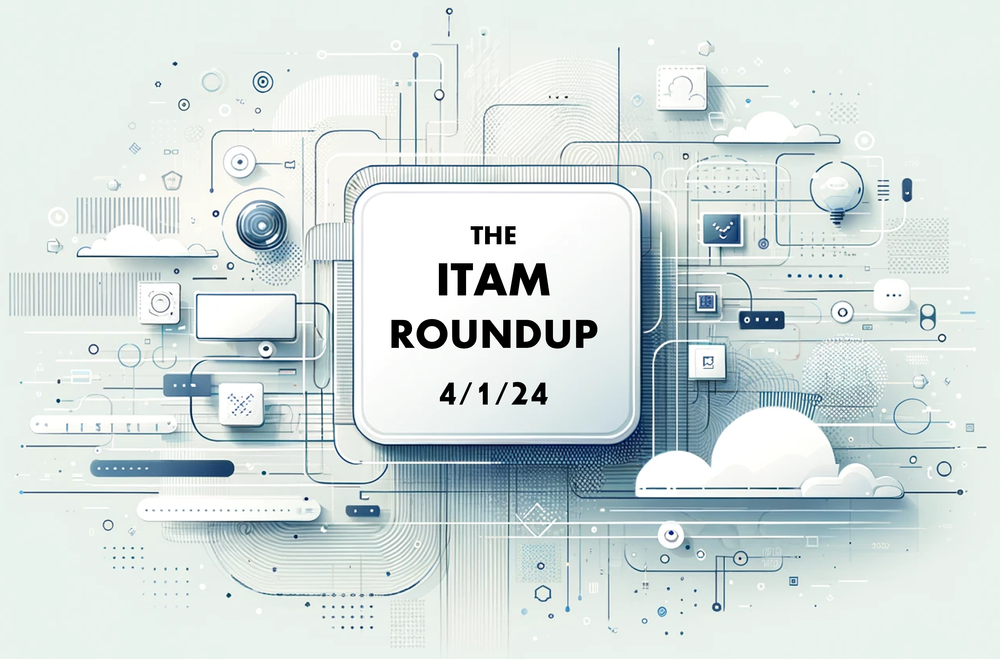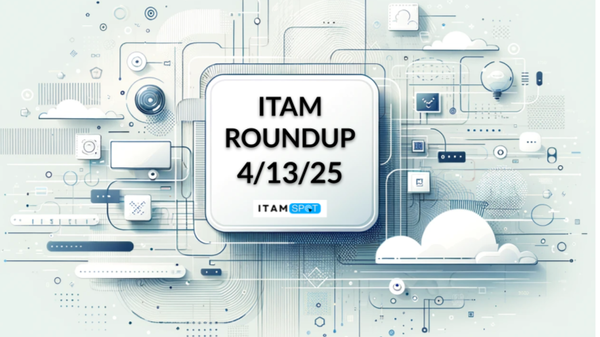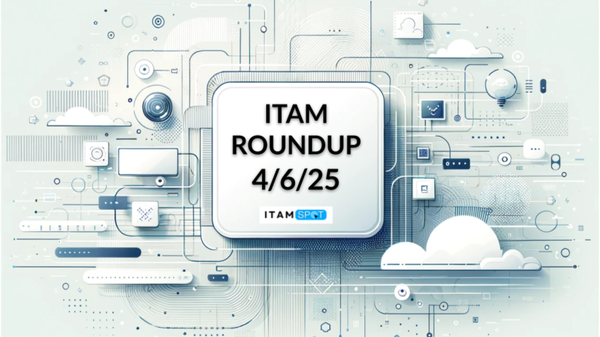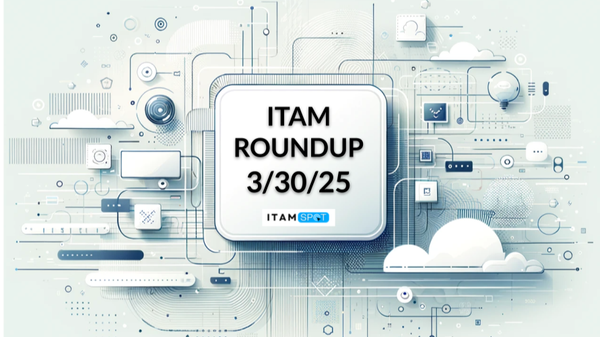The ITAM Roundup: 4/1/24
Software vendors dump open source, go for the cash grab
Software vendors are increasingly abandoning open-source licenses after profiting from open-source programs, switching to more restrictive licenses to capitalize on their success. This trend, exemplified by companies like Redis, HashiCorp, MongoDB, and Elastic, is driven by a misunderstanding of open source as a sustainable business model, pressure to compete with hyper-cloud providers, and the pursuit of unicorn status by venture capitalists.

Amazon Bets $150 Billion on Data Centers Required for AI Boom
Amazon plans to invest nearly $150 billion in data centers over the next 15 years to meet the growing demand for artificial intelligence and other digital services, aiming to maintain its dominance in cloud computing. The company's spending spree is driven by the need to secure land and electricity for its power-hungry facilities, as well as to compete with Microsoft and Google in the cloud services market.

Proxmox gives VMware ESXi users a place to go after Broadcom kills free version
After Broadcom discontinued the free version of VMware ESXi, Proxmox Virtual Environment emerged as an alternative, offering similar functionality and ongoing development. To facilitate migration from ESXi to Proxmox, a new integrated import wizard has been introduced by Proxmox, aimed at minimizing downtime by mapping ESXi VM configurations to Proxmox VE's model.
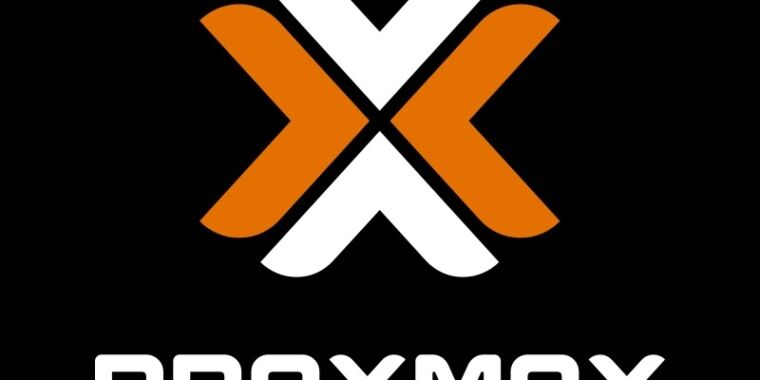
Microsoft launches new Azure AI tools to cut out LLM safety and reliability risks
Microsoft has launched new Azure AI tools aimed at addressing safety and reliability concerns associated with generative AI, particularly regarding large language models. These tools include Prompt Shields to block prompt injection attacks and features like Groundedness Detection to ensure reliable outputs. Additionally, Microsoft will offer enhanced monitoring in production to help developers track safety features and adjust configurations for improved safety.
Microsoft SPLA - a complete guide
The Microsoft Services Provider License Agreement (SPLA) offers a flexible licensing model for hosting Microsoft products, benefiting service providers and ISVs by eliminating upfront purchases and enabling the provision of various hosted services. SPLA covers a broad range of Microsoft products, offering scalability and flexibility with its pay-as-you-go pricing model and allowing adjustments to licensed offerings monthly. Participants must meet specific eligibility criteria and requirements, report monthly usage, and comply with Microsoft policies, including being prepared for audits.

Microsoft License Audits: Top 5 FAQs and Answers
Microsoft conducts audits, termed compliance verifications, to ensure organizations adhere to software licensing agreements. These audits are thorough reviews typically conducted by firms like KPMG or Deloitte, chosen using a programmatic approach. Any organization with a Microsoft volume license is subject to audits, making preparation through a Software Asset Management program recommended to maintain compliance.

IT Asset Management and Trusted Data - The Duo That Brings the Spice!
High-quality data is crucial for successful IT Asset Management (ITAM), akin to exquisite ingredients in a Michelin-starred menu. Ensuring robust data collection methods and understanding data lineage are essential, along with leveraging SAM tools for streamlined data management. Reliable data mitigates risks and enables better governance and decision-making in ITAM.
.jpg#keepProtocol)
Remote device management essentials: What’s needed to get it right
Remote device management is essential due to the proliferation of mobile devices and remote work, necessitating IT professionals to ensure data security. Challenges include managing diverse endpoints, making trade-offs between management tools, and addressing user privacy concerns. Implementing scalable cloud-based solutions, effective communication with users, and thorough needs assessments are crucial for successful remote device management.

Red Hat warns of backdoor in XZ tools used by most Linux distros
Red Hat has issued a warning advising users to cease using Fedora 41 and Fedora Rawhide instances immediately due to a backdoor discovered in the latest XZ Utils data compression tools. Versions 5.6.0 and 5.6.1 of XZ are affected, prompting the recommendation to downgrade to older, uncompromised versions. The malicious code, assigned CVE-2024-3094, is obfuscated and interferes with SSH authentication via systemd, potentially enabling unauthorized access to systems.


